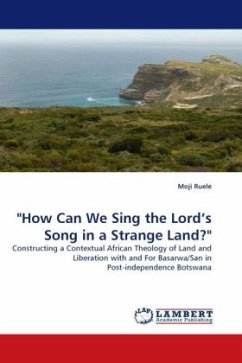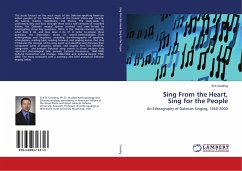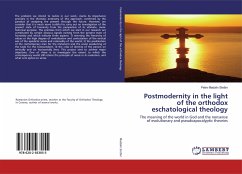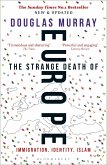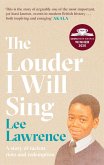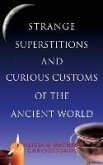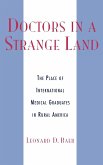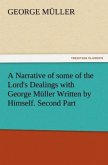This book brings together the 3 traditions of African, Land and Liberation contextual theologies. It attempts to show how the acquisition of land was influenced by ethnic/racial power relations in pre and post independence Botswana. The study uses data collected through questionnaire, interviews and participant observation to show Basarwa/San socio-economic, religious and cultural perceptions of the land, and how its lose impacts negatively on their lives by re-reading Psalm, 137: 1-4. Here, 2 things are done specifically: Looking at the socio-economic and history of Judah, contextualise this to the Basarwa setting of "homelessness" and appropriate the God of liberation in their struggle for recognition. It recognizes the relationship between landlessness and oppression in that since the coming of dominant cattle ranchers, indigenous, nomadic hunting and gathering Basarwa have been losing the land and veldt products, through policies such as Tribal Grazing Land Policy and New Policy on Agricultural Development, which gave exclusive rights of the land to the former. The study found that Basarwa material culture and religious artefacts have been adversely affected in this process..
